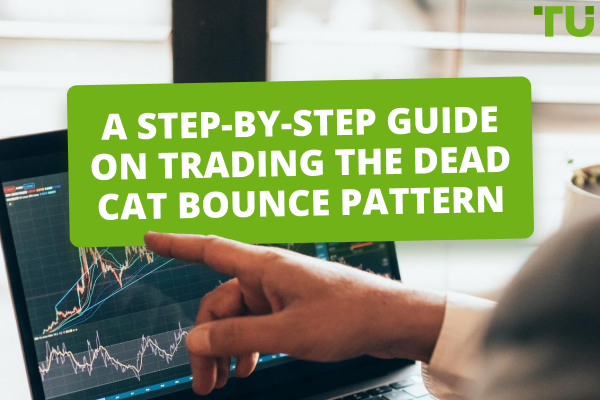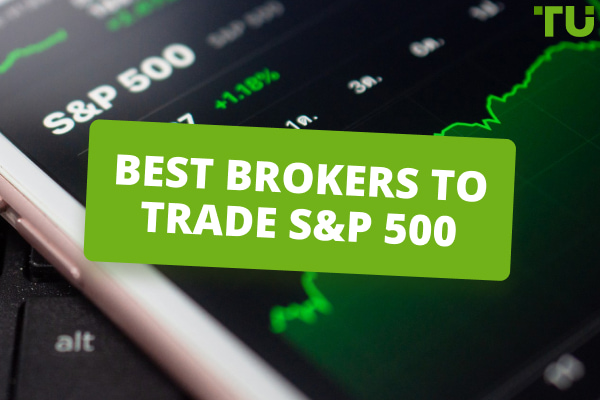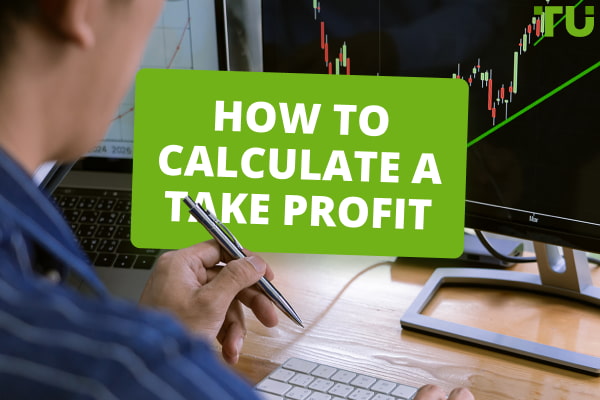Note:
It is important to understand that negative emotions are a natural part of human life. They help us to cope with various life challenges and motivate us to act. However, if negative emotions become too strong or prolonged, they can harm our mental and physical health.











